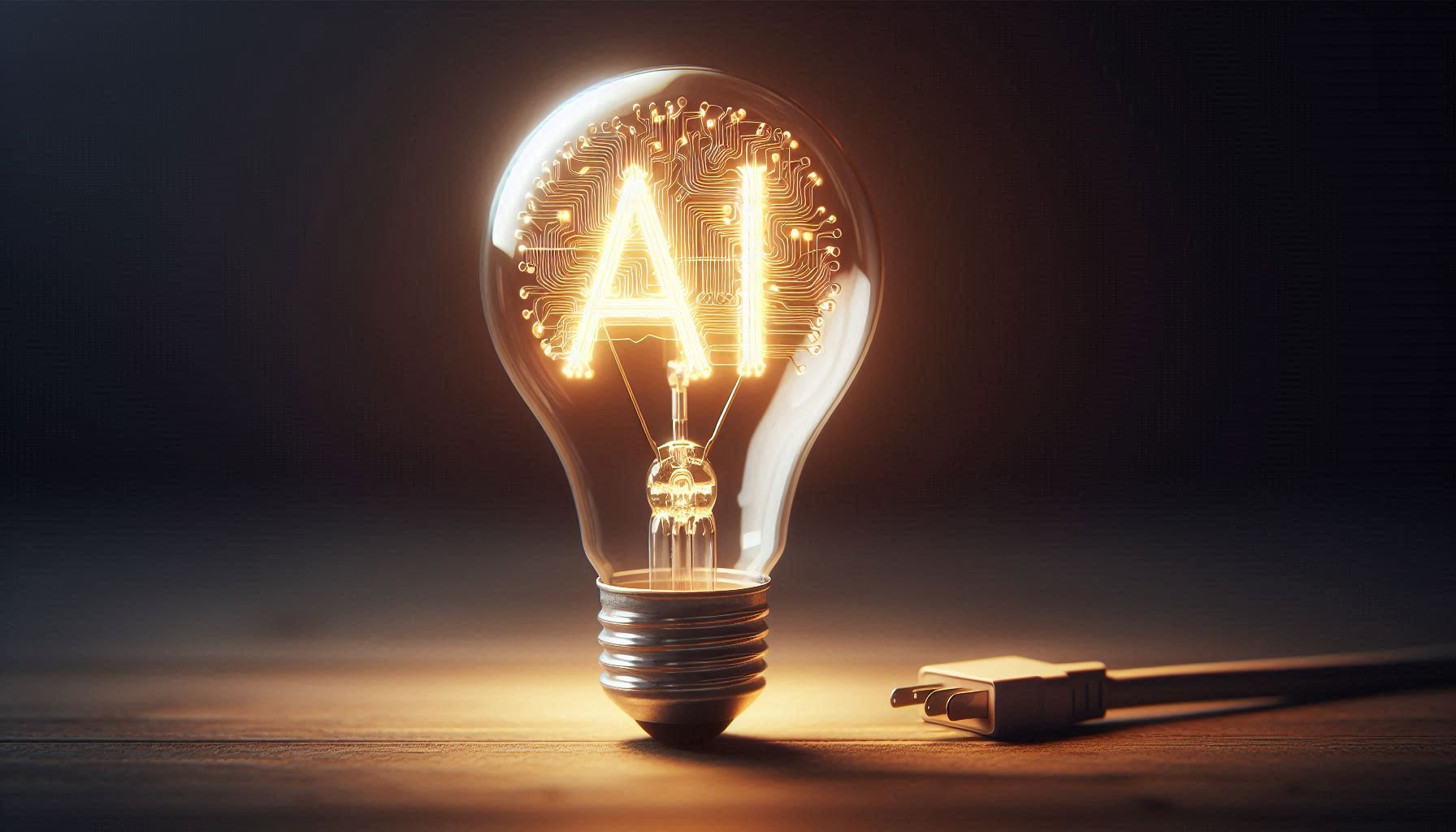In the rapidly changing business landscape today, Artificial Intelligence (AI) is no longer just a buzzword-it is the game changer that brings about innovation and operational efficiency. However, with this progress, an interesting question springs to the forefront in your mind: Can AI lead a business? Are we moving to an age where AI not only functions and supports businesses but will also lead the show?
The Rise of AI in Business Decision-Making
AI is already a part and parcel of business, from automating mundane jobs to analyzing humongous amounts of data. Companies are using AI-powered tools to optimize their supply chain, personalize customer experience, and even predict market trends with clarity never before possible. But can AI really step up when it has to rely upon intuition, empathy, and very intricate decision-making in traditional leadership scenarios?
How AI Excels in Business Leadership
Artificial Intelligence (AI) is revolutionizing business leadership by enhancing decision-making, improving efficiency, and fostering innovation. AI excels by analyzing vast amounts of data to provide leaders with actionable insights, enabling more informed and strategic decisions. It automates routine tasks, freeing up time for leaders to focus on big-picture strategies and human-centered initiatives.
- Data-Driven Decisions: AI systems, inclusive of the machine learning algorithm, can process huge amounts of datasets in real time and could unveil insights that humans would fail to recognize. The capacity for business leaders to analyze trends, foresee outcomes, and make data-driven decisions helps businesses lead the game over their competitors. For example, AI can pinpoint emerging market demands and optimize strategies earlier than human leaders could do.
- Unbiased Decision: One of the strongest domains AI has is unbiased decision-making. Human leaders can be swayed or influenced because of personal biases, emotions, or past experiences, while AI looks strictly upon facts, which can lead to further objective and balanced decisions.
- Operational Efficiency: AI is all about efficiency. From streamlining workflow to the task automation routine, AI frees human leaders from mundane pursuits to seek more strategic ones. Increased productivity might add a presumption that businesses where AI is driving, may be relatively better working and functioning compared to those led by human beings.
- 24/7 Leadership: AI systems, unlike human leaders, do not get weary and work around the clock. With such round-the-clock operation, there is potential for business organizations to react to crises or opportunities arising in real time; opportunities may include global markets cut across time zones.
Limitations of AI in Leadership
However, leadership encompasses far more than statistical analysis and process optimization. Soft skills include emotional intelligence, creativity, adaptability, and moral judgment-spectrum differences that AI, at least in my opinion for now, is less able to replicate.
- Lack of Emotional Intelligence: AI lacks emotional intelligence for the motivation of teams, conflict resolution, or innovation. Leadership requires empathy and compassion to connect with employees in a human capacity area in which AI fails miserably.
- Ethical Consideration: Business leaders face many ethical dilemmas that are subject to sound judgment. AI is programmed to optimize outcomes on the basis of objectives set beforehand and therefore may lack the thought processes that account for human values and societal impacts when dealing with ethical decisions.
- Innovation and Vision: However, the great ability of AI to process existing information springs from innovation, which really comes more from human imagination and vision. It is left to AI to optimize known processes but may lag behind when it comes to pioneering new, path-breaking strategies or out-of-the-box thinking.
Human-AI Collaboration: The Future of Business Leadership?
Perhaps the biggest opportunity for AI is in collaboration, not replacement. While AIs could certainly lighten the load on data-heavy tasks and several operational efficiencies free up leaders’ time to be more creative, strategic, and emotionally intelligent. Perhaps that is a new definition of leadership, in the age of digitalization.



